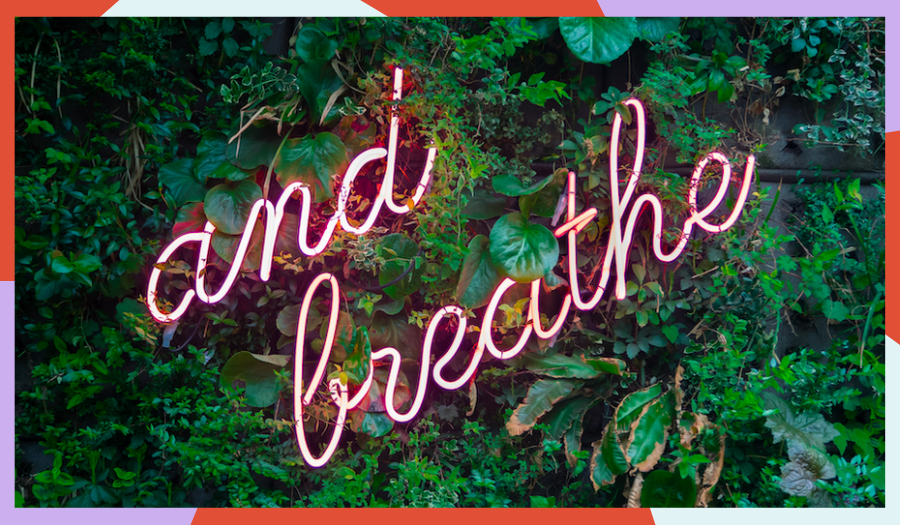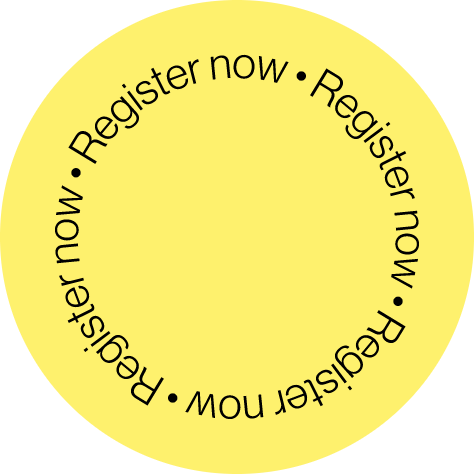A while ago, I had the pleasure of sitting down with Dr Heather Bolton, Head of Psychology at Unmind. She was kind enough to give me more insights into what Unmind does, how they’re different from other services and how mental health and employee wellbeing has evolved through the years.
The way people view mental health has changed a lot - so many leaps and bounds have been made in our general understanding of it, yet there still is a stigma surrounding mental health. Every campaign organisations put out there adds a new layer of awareness and acceptance, think about The Mind Walk (an initiative by, you guessed it, Mind) or Young Minds Act Early campaign.
Every day we’re slowly chipping away at the less than positive image that surrounds mental health
Over the past few years, over 40,000 mental health apps have been created – which is great! – but it’s important to note that not all of those are created equally. Some have NHS backing, with thorough research by seasoned psychologists and others were created by people like you and me, who just want to make living life a bit better.
Unmind, founded in 2016 by Dr Nick Taylor, Steve Peralta, Nick Tong and Ry Morgan, is a b2b start-up focussed on employee wellbeing. They take a proactive and preventative approach when it comes to mental health by providing clinically backed tools, programs and training across the whole spectrum of mental health. Whether you need a helping hand when times get tough, tips to improve sleep or if you need a mood boost – they’ve got you covered.
Their goal is to equip everyone with the right tools and to empower people to take control over their mental health, and they make sure everything is backed up by scientific evidence
All their content is evidence-based, and they collaborate with clinical and academic experts on a regular basis to ensure everything is rigorous and impactful. In their tool kits, you’ll find a combination of different psychological methods including positive psychology and Cognitive Behavioural Therapy (CBT). They do rigorous testing and aim to stay on top of what works and change what doesn’t.
Now, the way they’ve designed it is quite interesting. Employees are fully anonymous every step of the way (employers can’t even access the data about who signed up); this gives employees the space and safety to be authentic, honest and 100% raw on how they’re feeling. The employer does get access to aggregated wellbeing data, which indicates general trends in their workforce over a period of time. This is great, because that way employers can take initiative during periods where stress is high, or morale is low.
To close, I want to leave all of you with a few tips on how, in 2020, you can help – whether that’s helping yourself, a friend or spread awareness.
- Every single person has mental health. Much like how everyone sometimes has to take a break to look after their physical health, the same goes for mental health.
- Fluctuations in your mood/energy/resilience are normal – everyone goes through it. If you feel like it’s more than you can handle, reach out to someone.
- Don’t shy away from talking about mental health! It’s not only beneficial for you, it also helps to chip away people’s biases towards it.
- There is absolutely 0% shame in struggling and asking for help. In my opinion, it’s a brave thing to do, but more importantly it’s the first step to feeling better.
Want to delve a little deeper? Check out a recent piece I wrote on battling burnout: the what and how. Article here.
And to learn more about the Unmind proposition and story, check them out here.



